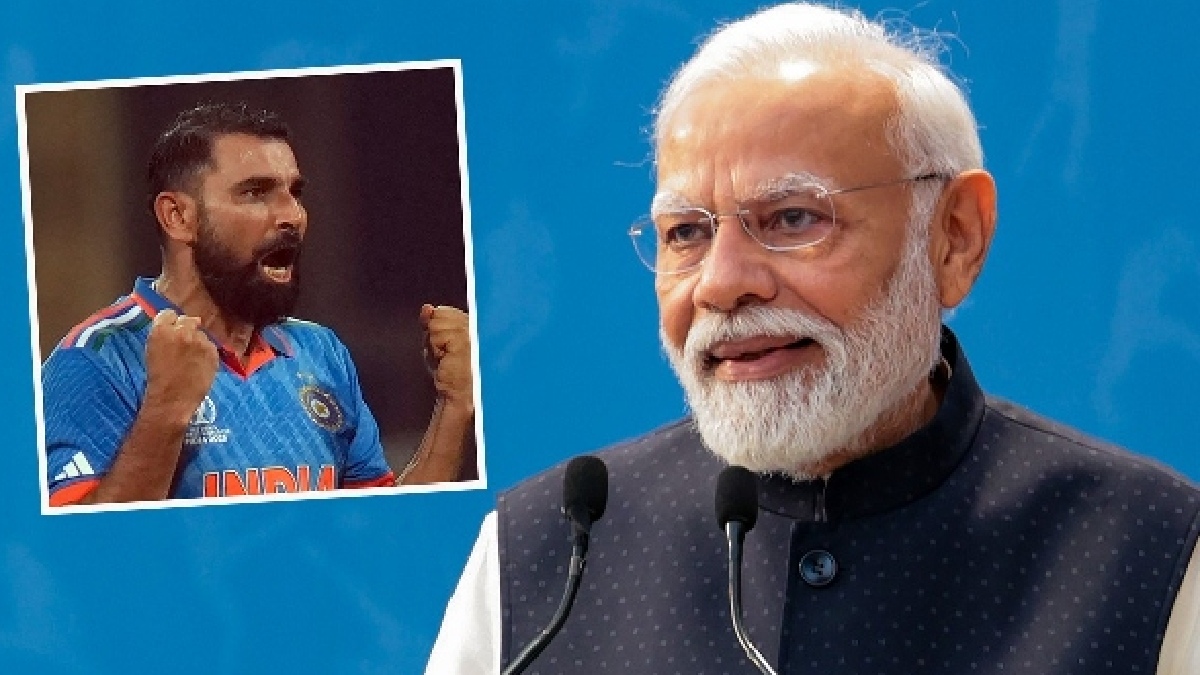
Genetic make-up may influence one's economic decisions
Washington, May 6 (ANI): It's the genetic make-up of a person that determines how he or she would take economic decisions on the basis of whether the options have been framed negatively or positively, according to a study from University College London (UCL).
Decision-making is a complex process, particularly when we are uncertain about outcomes, which in turn depends on whether the options are phrased positively or negatively, known as the "framing effect".
In earlier research, it was found that the amygdala, an area of the brain known to be involved in processing emotions, becomes active during decisions influenced by the framing effect.
And, in the new study, the researchers have shown that a person's susceptibility to the framing effect - and the response of their amygdala - could be at least partially influenced by their genetic make-up.
"We know that people from across a variety of cultures are susceptible to biases when making decisions, and that even with training these biases are hard to overcome. This implies that hard-wired genetic influences might play an important role in determining how susceptible different individuals are to the framing effect," said Dr Jonathan Roiser from the UCL Institute of Cognitive Neuroscience.
They showed that decision-making is affected by variation in the serotonin transporter gene, at a region known as the 5-HTTLPR, which has previously been reported to affect the response of the amygdala and is
The gene is involved in the recycling of serotonin, a neurotransmitter essential for communication between nerve cells.
The researchers analysed two common variants of this gene, known as the "short" and "long" versions and selected thirty healthy volunteers carrying a pair of either of the two variants.
Essentially, those participants with two copies of the short variant were found to be more susceptible to the framing effect.
"This doesn't mean that people with the short variants are risk takers. In fact, they were risk averse in the 'gain frame' whilst risk seeking in the 'loss frame', which implies inconsistency in their decision-making," explained Roiser.
On taking brain images, it was found that participants with two copies of the short genetic variant had greater amygdala responses than their counterparts when making decisions influenced by the frame effect.
They also measured the degree of interaction, or connectivity, between the amygdala and the prefrontal cortex, the brain region most implicated in human intelligence, personality and decision-making
And it was found that while resisting the frame effect, the participants with two copies of the long variant had stronger connectivity between the prefrontal cortex and amygdala, while those with a pair of short variants did not.
"This difference in connectivity is really interesting. It suggests that the volunteers carrying the long variant might regulate automatic emotional responses, which are driven by the amygdala, more efficiently, lessening their vulnerability to the framing effect," said Roiser.
The study has been published in the Journal of Neuroscience. (ANI)


 Click it and Unblock the Notifications
Click it and Unblock the Notifications


































